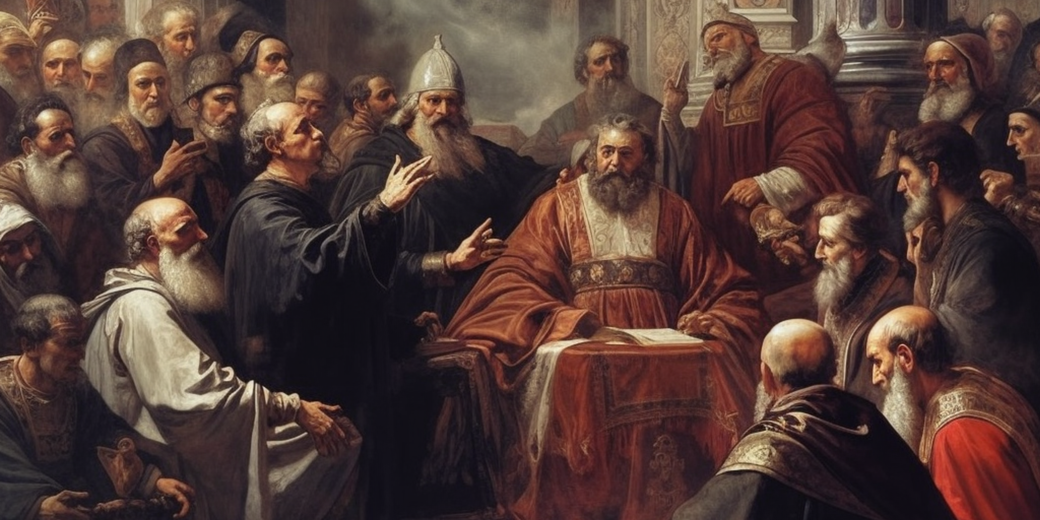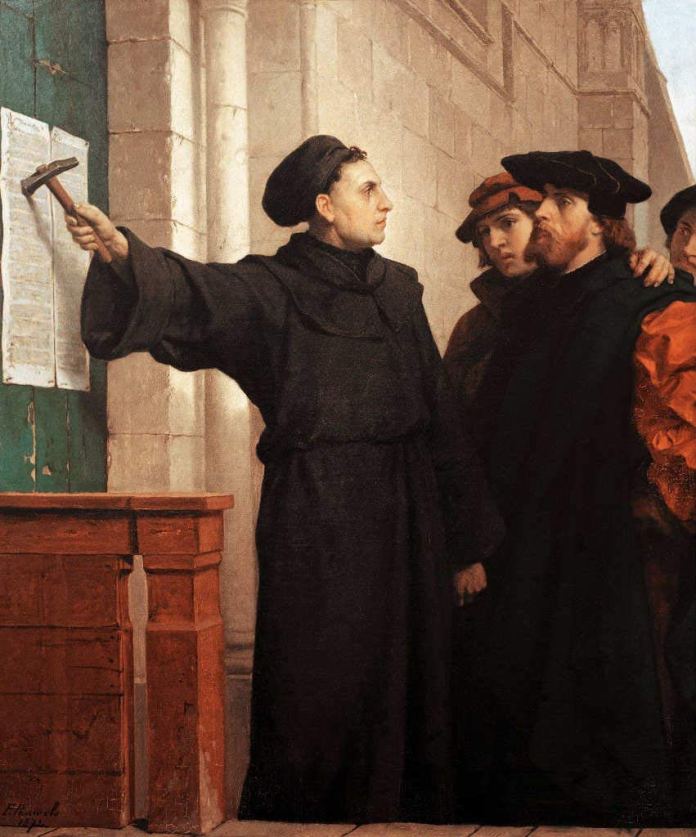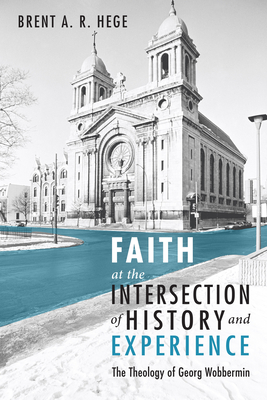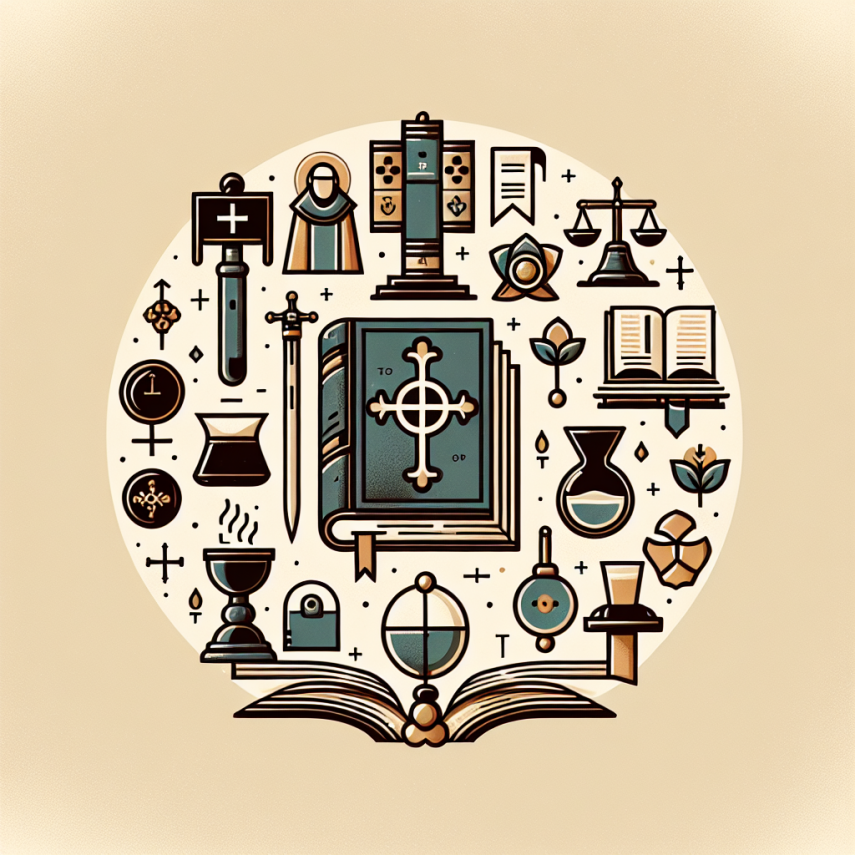Key Theological Developments in Christian History: Shaping Our Faith Today
Throughout my spiritual journey, I’ve been fascinated by how Christian theology evolved over centuries, shaping the faith we hold today. When I reflect on my own doubts and struggles with belief, I often turn to history, where the Church faced its own moments of uncertainty and reform. Understanding these key theological developments is not just an academic exercise; it’s a way to deepen our personal faith, providing insights into the very foundation of the beliefs we carry into worship, prayer, and daily life.
The Early Church: Foundations of Christian Doctrine
Following Christ’s death and resurrection, the early Christian community faced immediate theological questions. Who was this Jesus they followed? What exactly does it mean to be a Christian in a world dominated by Roman authority and Jewish tradition? One of the earliest and most profound theological developments took place at the Council of Nicaea in AD 325, where Church leaders affirmed the divinity of Christ in the Nicene Creed. This decision wasn’t merely theological hair-splitting; it laid the cornerstone of Christian belief in the Trinity, which remains central to Christian thought today.
As I wrestled with my own doubts about God’s nature, I found a strange comfort in this moment of the Church’s history. Here were men with the same struggles, trying to make sense of the divine through rigorous debate and scripture study. It reminds me that questioning isn’t weakness; it’s part of the deeper journey toward clarity in faith.
< >
>
The Reformation: A Call to Return to Biblical Foundations
Few events have shaped Christianity as significantly as the Protestant Reformation in the 16th century. Spearheaded by figures like Martin Luther and John Calvin, this movement wasn’t merely about breaking away from the Catholic Church. It was a theological revolution. Luther’s 95 Theses, nailed to the door of Wittenberg Castle Church, challenged not only corruption but also theological misunderstandings about salvation, penance, and the role of the Church.
“The just shall live by faith” (Romans 1:17) was Luther’s rallying cry, a reminder that salvation comes through faith alone, not through works or indulgences.
This focus on sola scriptura (by scripture alone) and sola fide (by faith alone) profoundly reshaped Christian theology, pulling it back to biblical roots. For me, this period of history serves as a reminder to continually seek authenticity in my faith and personal life. Just as the Reformers returned to the Bible, I feel called to return to scripture in times of doubt or difficulty, aligning my life and beliefs with God’s word.
< >
>
Different Interpretations: Unity and Diversity in Christian Thought
The Reformation also led to a plethora of Christian denominations, each interpreting scripture through its own lens. Lutheran, Reformed, and Anglican churches emerged from this movement, each with unique perspectives on theology. Over the centuries, these differing viewpoints have enriched Christian thought, creating a beautiful tapestry of traditions while still being grounded in shared biblical truths.
In a previous article, I discussed how historical movements like the Reformation continue to influence modern faith. Today, we see denominational dialogues occurring more frequently, a push towards unity in an otherwise divided era. This speaks to the Church’s ability to hold diversity in tension with a pursuit of common goals like justice, love, and truth.
Saint Augustine and the Doctrine of Sin
No discussion of key theological developments would be complete without mention of Saint Augustine. His writings, especially “The Confessions” and “City of God”, have left an indelible impact on Christian theology, particularly concerning human nature and the concept of sin. Augustine’s teachings on original sin, drawn from his reflections on the fall of Adam and Eve, shape Christian views on humanity’s need for redemption even to this day.
In a recent blog entry on his life and works titled “The Enduring Legacy of Saint Augustine”, I explored how Augustine’s writings shaped my own journey of faith. His understanding of God’s grace, especially in our moments of brokenness, resonated deeply during the low points of my life when I felt distant from God due to failures and regrets. Augustine’s theology reminded me that grace isn’t something we earn, but a gift freely given—undeserved and yet abundantly available.
<
>
Modern Movements: Embracing Theological Challenges Today
The 19th and 20th centuries presented new challenges to Christian theology. The rise of scientific rationalism, particularly the Theory of Evolution, questioned literal interpretations of creation in Genesis. Movements like Christian existentialism, led by thinkers like Paul Tillich and Karl Barth, grappled with the complexities of belief in a rapidly changing world.
These modern thinkers have played a pivotal role in bridging the gap between faith and reason. For instance, Tillich’s idea of God as the “ground of being” bypasses simplistic definitions of God and instead invites believers to see Him as the very foundation of existence. Having a background in artificial intelligence and machine learning, as I described in one of my earlier reflections, I have learned to appreciate how faith and science can coexist and even enhance one another. The rationality I use daily in my career doesn’t negate my faith but deepens my awe of the Creator, who is both transcendent and immanent.
Why These Developments Matter Today
Understanding these key theological moments in Christian history allows us to appreciate the faith we’ve inherited. Not only does it give us context for denominations, creeds, and practices, but it also helps us make sense of our struggles with doubt, suffering, and the challenges of the modern world. From the divinity of Christ to the doctrine of grace, these developments serve as a foundation for navigating our Christian walk today.
“Jesus Christ is the same yesterday, today, and forever.” – Hebrews 13:8 (NIV)
Just like the Church Father Councils or the Reformation leaders, we face moments of deep reflection that either fortify or shake our beliefs. In my own life, these theological developments have been beacons that help steer me back when life’s inevitable storms arrive, and they serve as reminders of the enduring power of Christ’s word.
Where To Go From Here: Further Study and Reflection
If you’re interested in diving deeper into key theological developments and their impact, consider the following resources:
| Title | Author/Speaker | Link |
|---|---|---|
| The History of Christian Theology | Alister McGrath | Amazon Link |
| The Confessions | Saint Augustine | Read Online |
| The Protestant Reformation: A Biography | James M. Kittelson | Goodreads Link |
Engaging with the history of our faith is not just an intellectual exercise; it provides a foundation for spiritual growth, helping us navigate modern challenges with ancient wisdom.
< >
>
Focus Keyphrase: key theological developments



Understanding Christian history deepens our faith. The theological developments examined here remind us that struggles with belief have always been part of the human experience.
As someone coming from a scientific background, I’ve had my share of doubts. It’s intriguing to see how Christian thought has evolved in response to big theological and intellectual challenges.